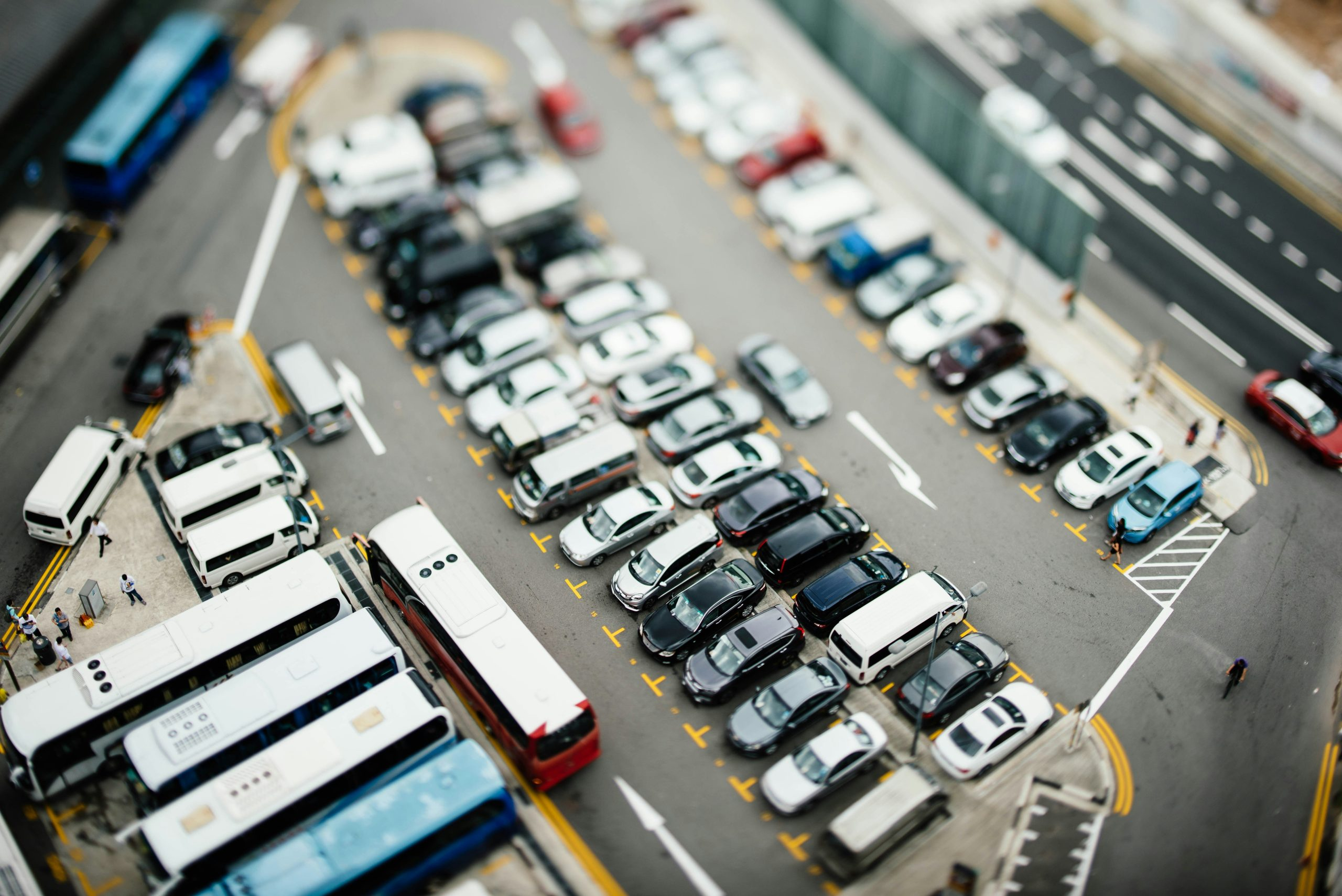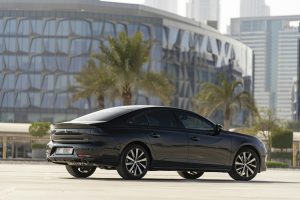Why Diesel Cars Are Disappearing Fast
The automotive industry is evolving at a rapid pace, with new technologies emerging and consumer preferences shifting. One major trend that has been gaining momentum in recent years is the decline of diesel cars. Diesel-powered vehicles, once a popular choice for their efficiency and power, are now disappearing from the market at a fast pace. This shift has sparked debates and discussions among car manufacturers, environmentalists, and consumers alike. In this article, we will explore the reasons behind the decline of diesel cars and the implications it has on the automotive industry.
What Are Diesel Cars?
Diesel cars, also known as compression-ignition engines, use diesel fuel to power the engine. They are different from gasoline cars, which use spark plugs to ignite the fuel. Diesel engines compress the air in the cylinder, which leads to a higher temperature, causing the fuel to ignite. This process allows diesel engines to be more efficient than gasoline engines, resulting in better fuel economy.
The Popularity of Diesel Cars
For a long time, diesel cars were a popular choice among consumers. The fuel efficiency of diesel engines was their biggest selling point, offering a greater range per tank of fuel compared to gasoline cars. Diesel fuel is also less expensive than gasoline in many countries, making it an appealing choice for those looking for a more budget-friendly option.
Moreover, diesel engines have more torque and can handle heavy loads better than gasoline engines. This made diesel cars a popular choice for towing and hauling. They were also widely used in commercial vehicles, such as trucks and buses, due to their durability and efficiency.
The Reasons Behind the Decline
Environmental and Health Concerns
One of the main reasons behind the disappearing act of diesel cars is their negative impact on the environment and human health. Diesel engines emit a higher amount of nitrogen oxide (NOx) and particulate matter (PM) compared to gasoline engines. These harmful emissions contribute to air pollution, which can lead to serious health issues, particularly for those living in urban areas with high traffic.
Furthermore, diesel cars have also been linked to the production of greenhouse gases, such as carbon dioxide (CO2), which contribute to climate change. With governments and consumers becoming increasingly aware of the environmental implications of diesel engines, there has been a significant push towards cleaner and more sustainable alternatives.
Tougher Emission Standards
In recent years, governments around the world have implemented stricter emission standards for vehicles. These regulations aim to reduce the level of harmful emissions from cars and encourage the use of cleaner fuels. The European Union, for example, has been gradually phasing out diesel cars through the implementation of its Euro emission standards. This has put pressure on car manufacturers to either improve the emission levels of their diesel cars or shift their focus to producing more environmentally-friendly vehicles.
The Rise of Electric Cars
Another factor contributing to the decline of diesel cars is the rise of electric vehicles (EVs). With advancements in technology and the increasing availability of charging infrastructure, EVs have become a viable alternative to traditional gasoline and diesel cars. Electric cars produce zero emissions, making them a more environmentally-friendly choice. This has caused consumers to shift their preference towards electric cars, resulting in a decline in diesel car sales.
The Implications on the Automotive Industry
The fading popularity of diesel cars has had a significant impact on the automotive industry. Many car manufacturers, such as Volvo, Jaguar Land Rover, and Fiat Chrysler, have announced that they will stop producing diesel cars and shift their focus to electric and hybrid vehicles. This shift in production requires significant investments and changes in manufacturing processes, which can be challenging for some automakers.
Moreover, the decline of diesel cars has also resulted in a loss of jobs in the diesel engine manufacturing industry. According to the European Automobile Manufacturers Association, the production of diesel engines fell by 25% in 2020 compared to the previous year. This decline has had a ripple effect on the supply chain and the overall economy.
The Future of Diesel Cars
While diesel cars are disappearing from the market, they are not completely gone yet. In some countries, such as India and China, diesel cars continue to be a popular choice due to their lower cost and fuel efficiency. However, with more governments implementing stricter emission regulations and consumer preferences shifting towards cleaner alternatives, the future of diesel cars looks uncertain.
Final Thoughts
The decline of diesel cars is a clear indication that the automotive industry is evolving. As the world becomes more environmentally-conscious and technology continues to advance, the demand for cleaner and more sustainable vehicles will only continue to grow. While diesel cars may be disappearing fast, it is important to note that this shift is for the better and will lead to a greener future for generations to come.










